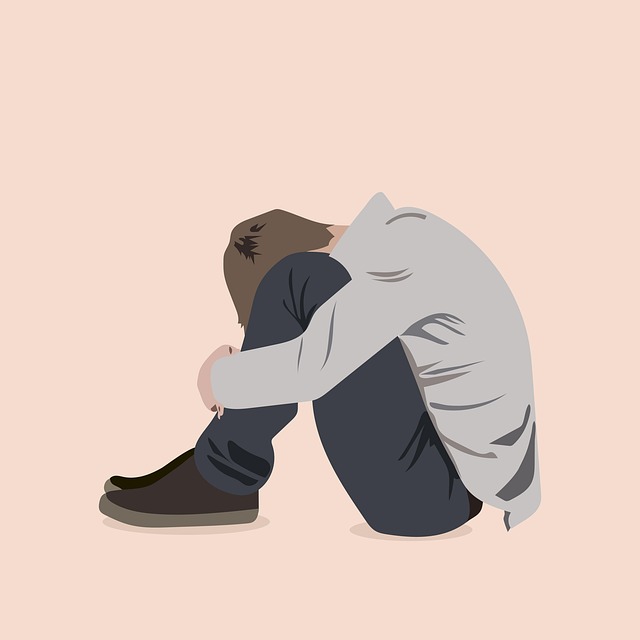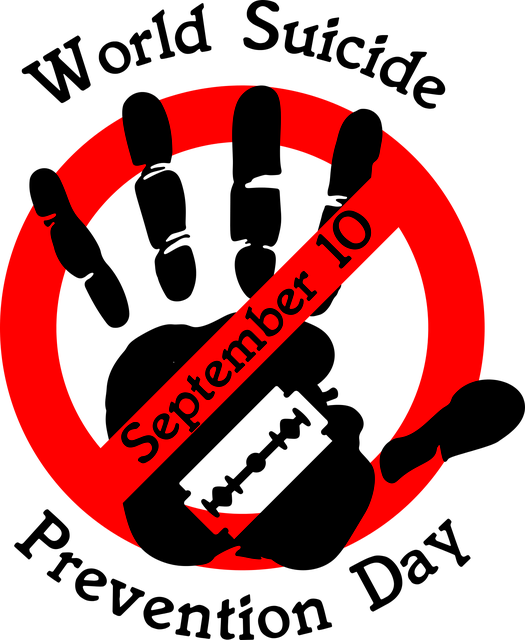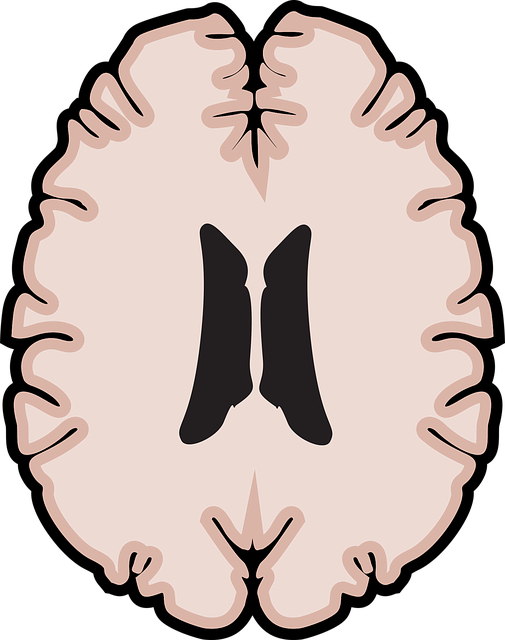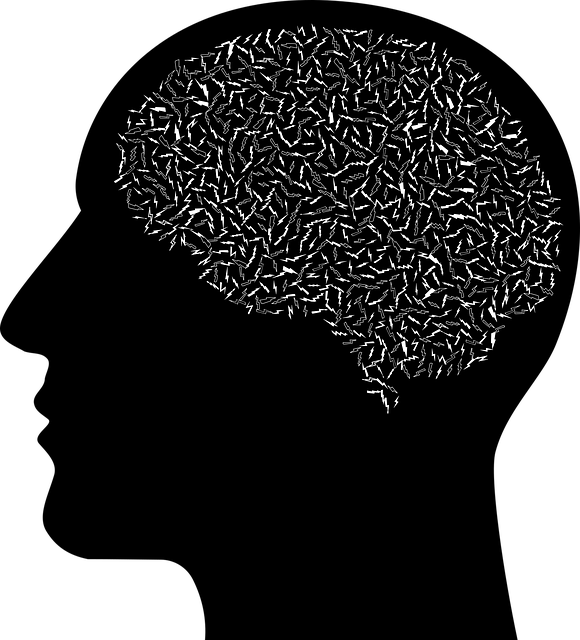Burnout among healthcare professionals is a growing concern, but Centennial Couples Communication Issues Therapy offers a comprehensive solution. This therapy targets stress-related communication challenges within healthcare teams, improving empathy, stress management, and mood regulation. By combining mental health risk assessments, self-awareness exercises, and personalized coaching programs, this approach holistically addresses burnout triggers, enhances job satisfaction, and builds resilience among healthcare providers, ultimately leading to better patient care.
Healthcare provider burnout is a growing concern, impacting both individual well-being and patient care. This article explores effective strategies to prevent burnout, focusing on communication, therapy, and fostering resilience. We delve into recognizing early signs and symptoms, emphasizing the role of open dialogue between healthcare professionals. Additionally, we examine how Centennial Couples Communication Issues can be addressed through therapy, promoting better collaboration. Ultimately, these strategies aim to enhance job satisfaction and mitigate stress for healthcare providers in today’s demanding environment.
- Recognizing Burnout: Understanding the Signs and Symptoms
- Communication as a Cornerstone: Strategies for Couples in Healthcare
- The Role of Therapy: Addressing Individual and Collective Stress
- Fostering Resilience: Preventative Measures for Long-Term Wellbeing
Recognizing Burnout: Understanding the Signs and Symptoms

Burnout is a state of emotional, physical, and mental exhaustion resulting from prolonged or excessive stress. For healthcare providers, it’s a significant concern given their high-pressure environments and demanding schedules. Recognizing burnout early is crucial to prevent it from escalating. Signs and symptoms can include increased irritability, fatigue, cynicism towards patients or work, reduced professional satisfaction, and decreased productivity.
Centennial couples communication issues and therapy have emerged as valuable tools in combating burnout. Effective communication strategies facilitate better stress management by fostering empathy building among colleagues and enhancing mood management techniques. Additionally, a comprehensive risk assessment for mental health professionals can help identify burnout triggers specific to individual practitioners. This proactive approach, combined with empathy-focused interventions, is vital for maintaining the well-being of healthcare providers in their noble pursuit of patient care.
Communication as a Cornerstone: Strategies for Couples in Healthcare

In the high-pressure environment of healthcare, where long hours and heavy caseloads are common, communication issues among couples—often stemming from stress and burnout—can escalate into significant challenges. Centennial Couples Communication Issues have become a pressing concern, as these problems not only affect personal relationships but also patient care. Effective therapy for couples in healthcare settings can serve as a powerful tool to address these issues.
By prioritizing open dialogue and emotional healing processes, healthcare providers can enhance their communication skills, boosting confidence and preventing depression. Therapy sessions focused on improving interpersonal interactions can help partners understand each other’s perspectives, fostering an environment of support rather than resentment. This not only strengthens their bond but also equips them to better navigate the complexities of their professional lives, ultimately contributing to enhanced job satisfaction and reduced burnout risk.
The Role of Therapy: Addressing Individual and Collective Stress

In the ongoing battle against healthcare provider burnout, therapy plays a pivotal role in addressing both individual and collective stress. Centennial Couples Communication Issues Therapy, for instance, offers a specialized framework to help professionals navigate complex interpersonal dynamics within healthcare settings. By fostering open dialogue and enhancing communication skills, this therapeutic approach enables providers to better manage their own emotional well-being while improving patient interactions.
Integrating Self-Awareness Exercises and Mental Wellness Journaling Exercise Guidance into therapy sessions empowers healthcare workers to process challenging experiences and emotions in a structured manner. Additionally, the development of Mental Wellness Coaching Programs can provide ongoing support, fostering a culture where professionals are encouraged to prioritize their mental health. These strategies collectively contribute to building resilience and reducing burnout risk among healthcare providers.
Fostering Resilience: Preventative Measures for Long-Term Wellbeing

Fostering resilience is a key strategy in preventing healthcare provider burnout and promoting long-term wellbeing. It involves equipping professionals with the mental tools to navigate challenging situations, adapt to change, and recover from setbacks. This can be achieved through various preventative measures, such as integrating Mental Health Education Programs Design that focus on stress management, emotional intelligence, and coping mechanisms. By enhancing their ability to process and regulate emotions, healthcare providers can better manage work-related pressures and maintain a healthy work-life balance.
Additionally, involving professionals in Mental Wellness Coaching Programs Development can facilitate personalized strategies for resilience building. These programs often incorporate techniques from Centennial Couples Communication Issues Therapy to improve self-awareness, communication skills, and interpersonal connections. By addressing underlying emotional challenges and fostering open dialogue, healthcare providers can develop a stronger support system both personally and professionally, contributing to their overall resilience and satisfaction in the long run.
Healthcare providers’ well-being is paramount to delivering quality patient care. By recognizing burnout early, fostering open communication through strategies like those explored for couples navigating Centennial Couples Communication Issues, and seeking therapy as both an individual and collective resource, the healthcare community can build resilience against stress. These preventative measures are crucial in sustaining a dedicated workforce and enhancing patient outcomes over the long term.














